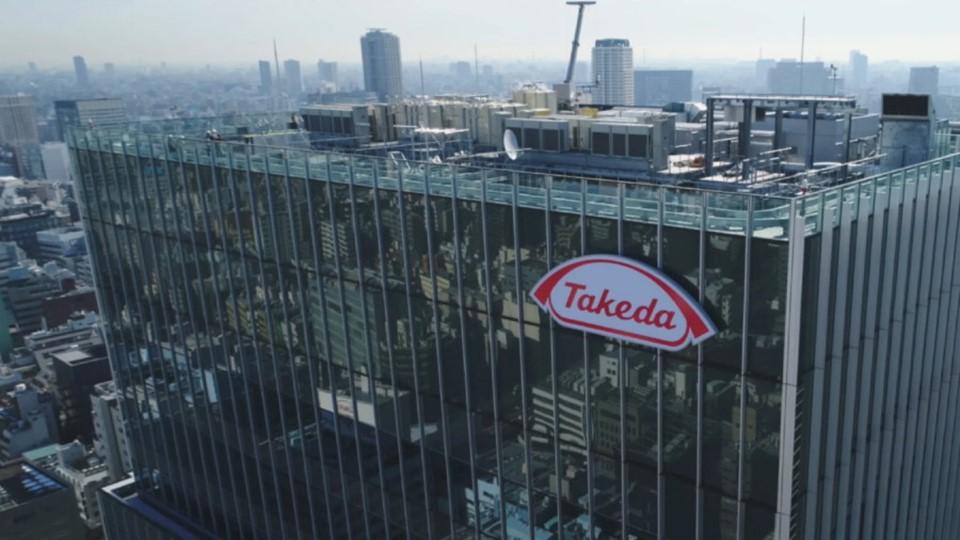Takeda pulls Exkivity in US after failed confirmatory trial

Takeda has decided to withdraw its cancer drug Exkivity from the market, after a trial that was supposed to confirm its efficacy failed to deliver a positive result.
Following discussions with the FDA in the US, the Japanese pharma group has started working towards pulling Exkivity (mobocertinib) from sale around the world as a second-line treatment for advanced or metastatic non-small cell lung cancer (NSCLC) with EGFR exon20 mutations.
Exkivity was approved for that indication in 2021, becoming the first orally active EGFR-targeting drug for patients with that form of lung cancer who had progressed despite platinum-based chemotherapy, and was a competitor to Johnson & Johnson’s Rybrevant (amivantamab), which is approved for the same use, but has to be administered by intravenous infusion.
The drug “remains available to prescribe while Takeda works with the FDA on withdrawal timing,” said the drugmaker in a notice to prescribers, adding that it is “committed to ensuring that patients receiving Exkivity can maintain access when [it] is withdrawn.”
The drug was approved by the FDA on the back of a phase 1/2 trial that showed that treatment shrank tumours in 28% of patients, and prevented the cancer from progressing for a median of seven months. It ran into difficulties in the EU, however, after EMA advisors asked for more data, leading to Takeda withdrawing its marketing application for the drug.
The case for Exkivity has now fallen apart with the results of the phase 3 EXCLAIM-2 trial, which did not meet its primary endpoint and so did not meet the confirmatory data requirements of the accelerated approvals awarded to the drug in the US and other countries.
Takeda has previously said that Exkivity could make up to $600 million in peak sales if it was also able to get approved for first-line treatment of exon20-positive NSCLC.
The EXCLAIM-2 trial was designed to both confirm the approval for second-line use and extend the label for the drug into the first-line setting as an alternative to platinum chemotherapy in exon20-positive NSCLC.
The FDA has been getting more vigilant in its efforts to make sure medicines granted accelerated approval are removed from the market if they fail confirmatory studies, after being criticised in the past for not enforcing withdrawals.
The pace of voluntary withdrawals has cranked up since the FDA launched a crackdown in 2021 that identified a number of offending products and indications that had not met their post-marketing obligations.
“We have been fortunate to witness the impact Exkivity has had on this previously underserved population and are encouraged to see the advancements made since its approval to introduce new therapies for these patients,” said Awny Farajallah, head of global medical affairs, oncology, at Takeda.
“We hope that findings from the EXCLAIM-2 study will inform future research and development for this disease,” he added.
In 2021, the approval of Exkivity was held up as a victory in Takeda’s efforts to bring its so-called Wave1 of the new therapies to market, designed to help it cope with the loss of market exclusivity for $4 billion-a-year inflammatory bowel disease therapy Entyvio from 2025.
It came after a series of disappointments in that effort, including the failure of NEDD8-activating enzyme inhibitor pevonedistat in phase 3 blood cancer trials.













